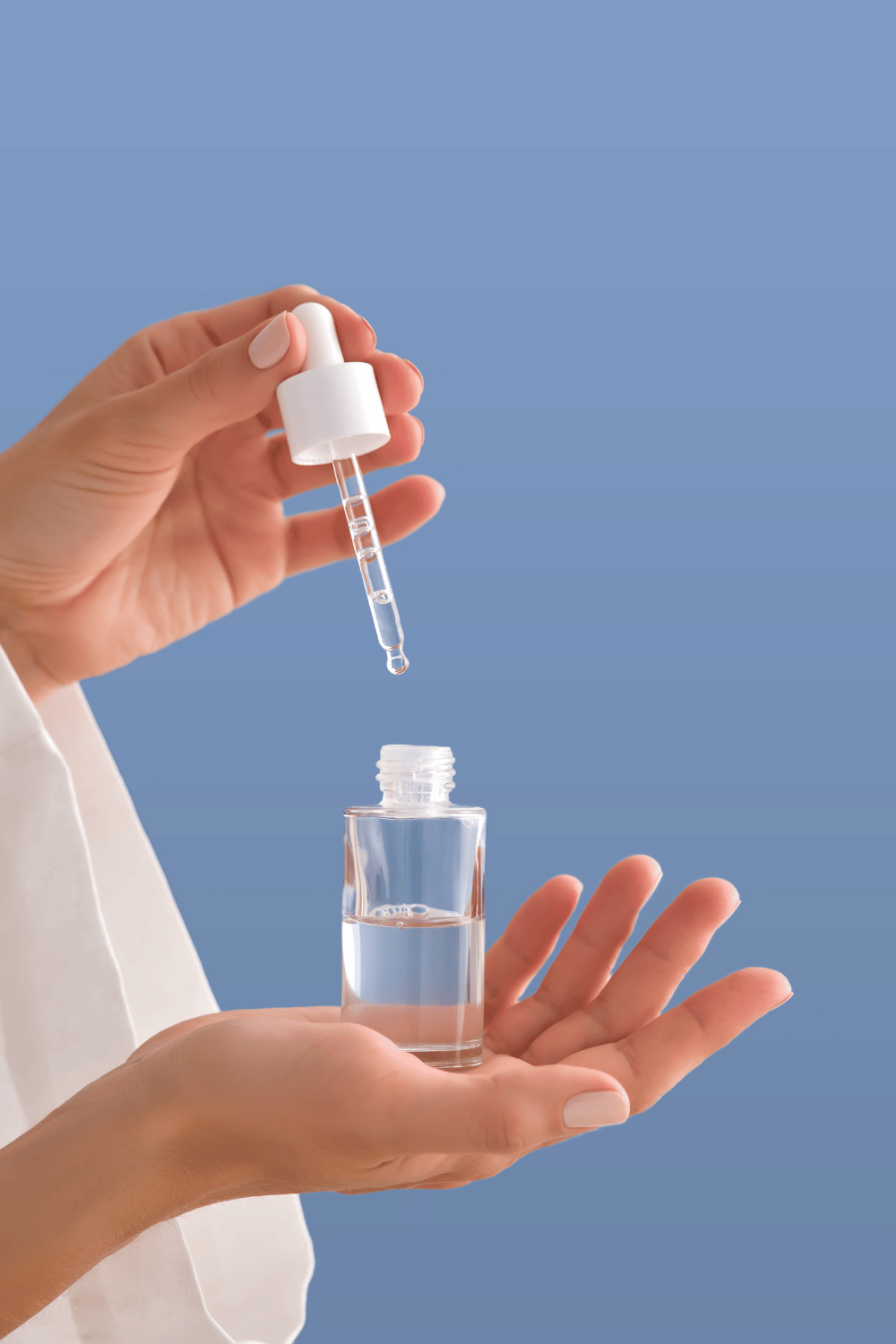Water Softeners: Benefits, Selection, And Maintenance For Family Homes
Hey there, ever feel like your clothes come out of the wash looking like they went 12 rounds with a sumo wrestler? Or maybe your shower feels more like a battle against a cloud of soap scum? If cleaning feels like losing a battle, hard water might be the reason. But there’s good news: a water softener could be your secret weapon to fluffy towels and showers that actually feel clean.
Water softeners are basically ninjas for your plumbing. They fight off hard water by taking out the bad guys – those pesky calcium and magnesium minerals that cause all sorts of trouble. These minerals get replaced with harmless sodium ions, kind of like swapping out the villains in a movie with some friendly superheroes.
So, how do you know if a water softener is your new best friend? This article will be your guide. Discover all the perks, the different softener options out there, and some tricks to keep yours running like a champ for years to come.

Benefits of Having a Water Softener
Imagine softer, smoother skin and hair after showering. Picture sparkling dishes and gleaming glassware out of the dishwasher. Now, visualize fewer clogged pipes and extended lifespans for your appliances. Learn more about the magic of a water softener. Here’s a closer look at the advantages:
Softer, Smoother Skin and Hair
Hard water minerals bind with soap, making it less effective. With softened water, less soap is needed, leaving your skin and hair feeling luxuriously soft and clean. You might even notice a reduction in dryness and irritation, especially if you have sensitive skin.
Spotless Dishes and Glassware
Hard water leaves behind stubborn white spots on dishes and glasses. Soft water eliminates this problem, giving you sparkling clean dishes and glassware every time. No more elbow grease required.
Reduced Laundry Detergent
Similar to soap, laundry detergent interacts with hard water minerals, reducing its effectiveness. Soft water allows you to use less detergent while achieving cleaner, brighter clothes. You’ll not only save money on detergent, but your clothes will look and feel their best.
Improved Appliance Performance
Hard water buildup can wreak havoc on your appliances, shortening their lifespan. Soft water prevents this buildup, keeping your dishwasher, washing machine, and coffee maker functioning optimally for longer. This translates to fewer repairs and replacements down the road.
Easier Cleaning
Soft water makes cleaning a breeze. From wiping down surfaces to scrubbing showers, soap scum and mineral deposits become a thing of the past. Soft water also rinses away cleaning products more effectively, leaving surfaces sparkling clean without any residue.
By installing a water softener, you can enjoy these benefits and more, making your home a more comfortable and efficient place to live.
Choosing the Right Water Softener for Your Home
With so many water softeners on the market, selecting the right one for your home improvement needs can feel overwhelming. Here’s a breakdown of key factors to consider:
Water Hardness
The level of hardness in your water supply determines the softener’s capacity. Get a water test kit or contact your local water authority to determine your water hardness level. A higher hardness level indicates you’ll need a softener with a greater grain capacity to handle the mineral content in your water.
Family Size
The number of people in your household influences the softener’s size. Larger families require a system that can handle higher water flow. For example, a family of four might need a different sized softener than a single person or a couple.
Regeneration Frequency
Water softeners periodically regenerate, which means they clean themselves. Consider how often you’re comfortable with this process happening and choose a system with a suitable regeneration cycle. Regeneration frequency can impact water usage, so it’s a factor to consider, especially if you’re concerned about water conservation.
Type of Water Softener
There are two main types: salt-based and salt-free. Salt-based softeners are the most common and use salt pellets for regeneration. Salt-free softeners use a different technology but may not be as effective for very hard water. They can be a good option for those who are on a low-sodium diet or who have environmental concerns about using salt.
Consider the Size and Capacity
When choosing a water softener, size and capacity are important factors. You need a system that can handle your household’s water usage. Look at the grain capacity of the softener, which indicates how much hardness it can remove before needing to regenerate. A larger family or higher water usage will require a softener with a higher grain capacity.
Cost and Warranty
Water softeners can be a significant investment, so you want to make sure you are getting a good deal. Compare the costs of different systems, but do not just look at the initial price. Consider the long-term costs of maintenance and operation. Check the warranty as well, as a good warranty can save you money on repairs down the line.
Read Reviews and Get Recommendations
Reading reviews from other users can provide valuable insights into the reliability and performance of different water softeners. Look for reviews that mention your specific needs and concerns. Asking friends or family for recommendations can also help you find a trusted brand or model.
By considering these factors, you can choose the best water softener for your home and enjoy the benefits of softened water.

Installation and Maintenance Tips
Once you’ve chosen your water softener, it’s time for installation. While some homeowners opt for professional installation, others feel comfortable tackling it themselves. If you choose DIY installation, carefully follow the manufacturer’s instructions. Here are some additional tips:
Professional Installation
While some water softeners are DIY-friendly, professional installation ensures everything is set up correctly. A professional can assess your plumbing and recommend the best location for your system. This helps avoid any potential issues and ensures optimal performance.
Regular Salt Refills
If you have a salt-based system, check the salt levels regularly. Refill the salt as needed to keep the system running smoothly. Use high-quality salt to prevent any buildup in the brine tank. It’s crucial to maintain an adequate salt level to ensure the system regenerates properly, providing consistently soft water for your household. Neglecting this can lead to hard water issues returning, affecting your appliances and daily water usage.
Clean The Brine Tank
Over time, your brine tank can accumulate sludge. Clean it out every few months to maintain efficiency. Empty the tank, scrub the inside, and rinse it thoroughly before refilling it with salt.
Regular cleaning prevents sludge buildup that can hinder the system’s performance and efficiency. It also ensures that the salt can dissolve properly, which is essential for the regeneration process. Neglecting this task can lead to poor water softening and potential damage to your water softener.
Check For Salt Bridges
Salt bridges can form in your brine tank, preventing the salt from dissolving properly. Break up any bridges you find to keep your system functioning correctly.
Regularly checking for and addressing salt bridges ensures that the brine solution is adequately concentrated for the regeneration process. Ignoring these bridges can lead to inefficient softening and require more frequent maintenance, potentially shortening the lifespan of your system.
Monitor Water Hardness
Regularly test your water to ensure your softener is working properly. If you notice a change in water quality, it might be time to check your system or call a professional for maintenance.
Consistent monitoring helps you catch any issues early, preventing more significant problems down the line. This proactive approach ensures your system continues to provide soft water, protecting your appliances and enhancing your daily water use experience.
Following these tips will help you install and maintain your water softener, ensuring it operates efficiently and provides you with soft water for years to come.
Common Issues And Troubleshooting
Even with regular water softener system maintenance, you might encounter some issues with your water softener. Here are common problems and how to address them:
Low Water Pressure
If your water pressure drops, it could be due to a clogged resin tank or brine line. Clean these components to restore normal pressure. If the problem persists, it might be necessary to replace the clogged parts or consult a professional for a more thorough inspection.
Salty Taste In Water
A salty taste in your water indicates a problem with the regeneration cycle. Check the brine tank and ensure it’s not overfilled. Also, inspect the control valve to make sure it’s functioning correctly. If you continue to taste salt, you may need to adjust the regeneration settings or check for any blockages in the drain line.
System Not Regenerating
If your water softener isn’t regenerating, check the timer settings. Make sure it’s set to regenerate based on your household’s water usage. If the settings are correct, there might be an issue with the control valve or the motor. Sometimes, a power interruption can reset the system, so double-check the power source and reset the system if necessary.
Addressing these issues promptly ensures your water softener continues to provide optimal performance and benefits.
Conclusion
With a water softener in place, you’ll experience the many benefits of soft water throughout your home. From softer skin and cleaner dishes to improved appliance performance and easier cleaning, a water softener is an investment that pays off in comfort, convenience, and cost savings in the long run. So, if hard water has been causing headaches in your home, consider making the switch to soft water and enjoy the difference!







